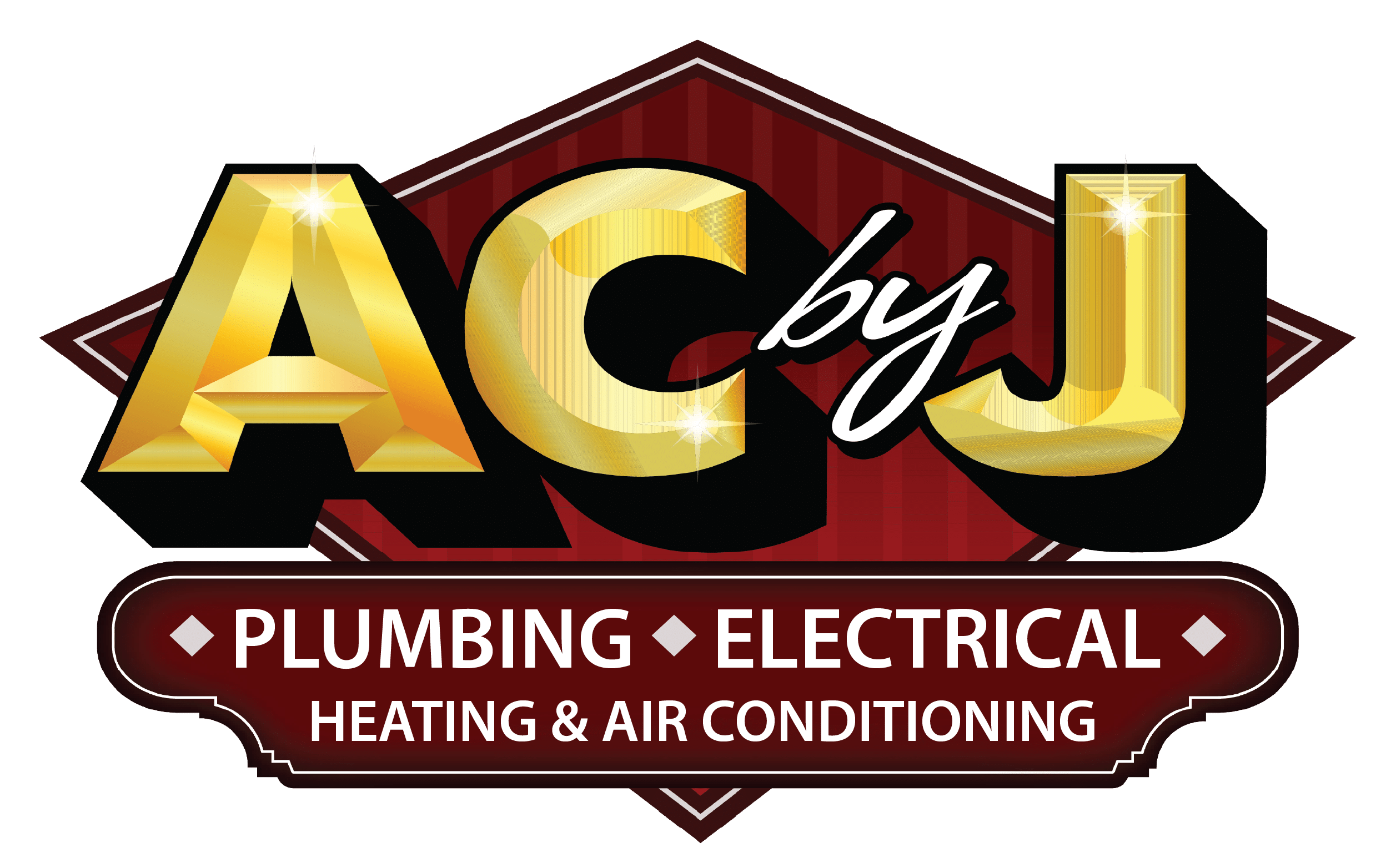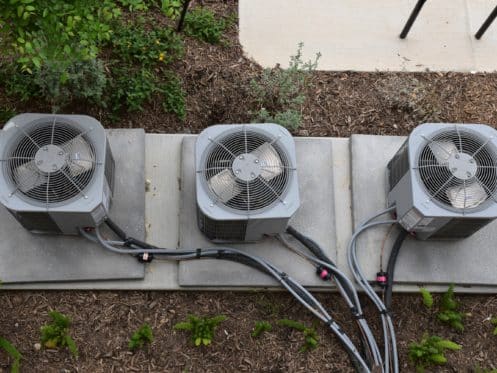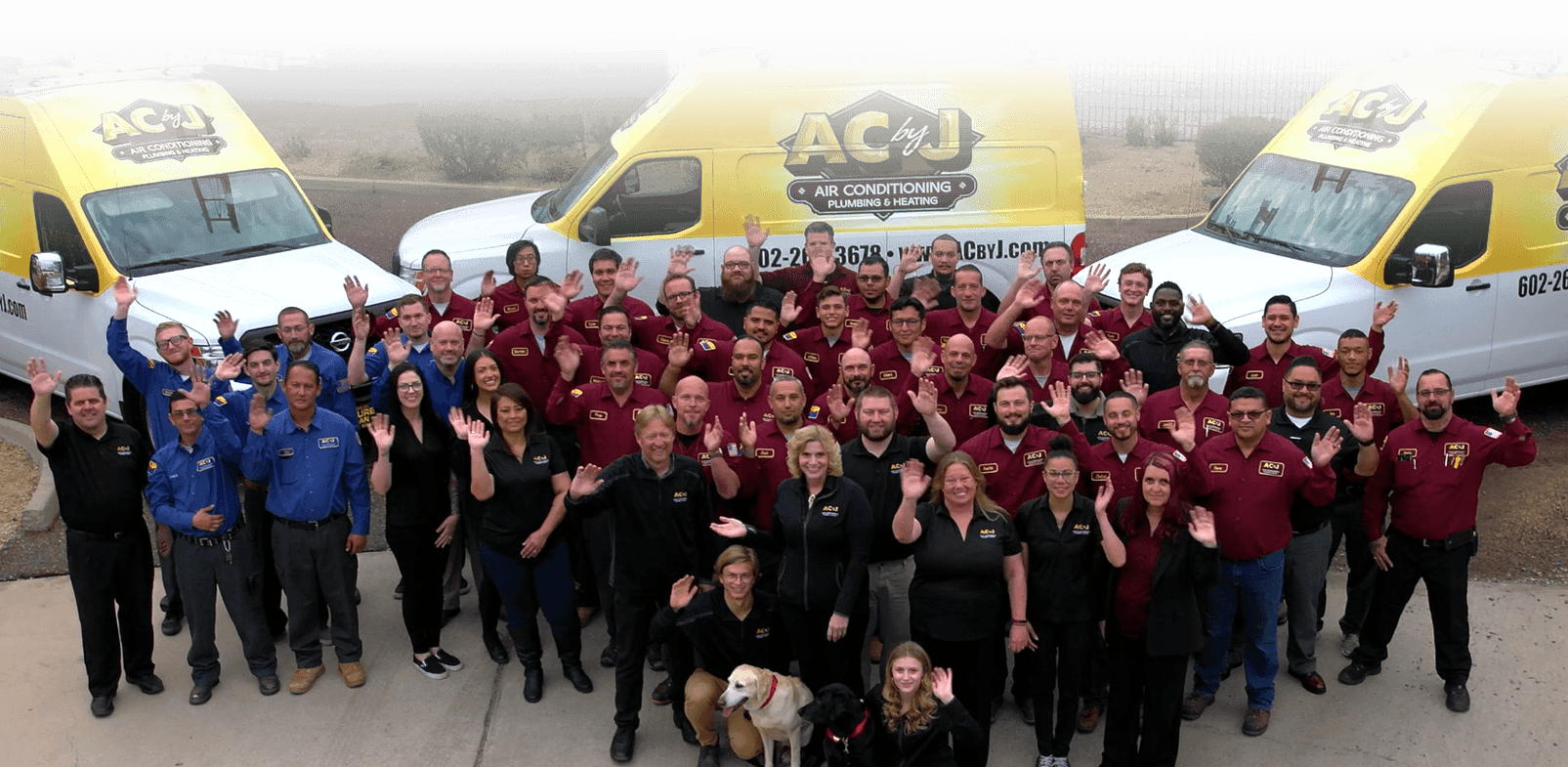Living in Arizona has its own set of challenges. One of the most difficult things to deal with is the extreme heat. It is hard on humans, but it can also be tough on your HVAC systems. The temperatures can soar well above 100 degrees Fahrenheit. The following are ways that extreme heat can affect your HVAC system.
1. Leads to Failure of the Compressor
Arizona’s extreme heat is one of the leading causes of compressor failure. When the air inside your home is warmer than usual, it puts extra strain on the compressor. The compressor is the part of your HVAC system that circulates the refrigerant through the coils to cool the air.
If the temperature inside your home gets too high, the refrigerant can’t evaporate fast enough, and the coil can freeze, damaging the compressor. In addition, the extra heat can cause parts of the compressor to overheat and fail. It’s essential to keep your home cool during extreme heatwaves, so you have to do your best to preserve your compressor and coils.
You can do this by closing blinds and curtains during the day, using fans to circulate air, and turning on your air conditioner only when it gets too hot. You can protect your HVAC system and extend its lifespan by taking these precautions.
2. Sends Refrigerant Levels Plummeting
When temperatures in Scottsdale and the surrounding areas climb well above 100 degrees, the heat can take a severe toll on HVAC systems. In these extreme conditions, air conditioners work overtime to maintain a comfortable indoor temperature, and they often struggle to keep up. As a result, peak energy consumption skyrockets, and the refrigerant levels that power the system start to plummet.
If left untreated, this can cause severe damage to critical internal components and costly repairs down the line. It would be best to stay vigilant about maintaining your HVAC system and scheduling regular service checks from AC by J, which can help ensure that your system runs smoothly and efficiently.
3. Causes Parts to Break or Become Damaged
The extreme heat in Arizona can cause your HVAC system to wear down or break. This is due to the high temperatures and dry weather conditions, which wear down the electrical wires and belts in the system. These parts are not designed to withstand such intense heat over long periods, and so they can become damaged or wear out quickly when exposed to these conditions.
To prevent this from happening, you need to make sure that your HVAC system is running smoothly, regularly checking for any signs of wear and addressing any issues right away. During your regularly scheduled maintenance, your technician will lubricate the belts and check and tighten wires and connections, which will help keep your system running smoothly.
Fortunately, new technologies have also been developed to help protect my HVAC system in hot weather, such as smart thermostats that can automatically adjust based on the temperature outside. With proper maintenance and modern innovations, you can enjoy superb comfort even though Scottsdale’s desert summers.
4. Increases Energy Usage
Another way that the Arizona extreme heat affects your HVAC system is by increasing energy usage. The air conditioner has to work harder to keep the house cool, which causes the energy bill to go up. In addition, higher temperatures outside can also lead to higher humidity levels inside, making it feel even hotter than it is.
To combat this, you can install a whole-house fan, which will circulate the air and help to keep the house cool. You should also make sure that your air conditioner is appropriately sized for your home as an oversized unit will use more energy than necessary.
5. Cause Corroded Parts
The Arizona summer heat can be brutal. The extreme heat takes a toll on your HVAC system, causing parts to become corroded. One of the most vulnerable parts of your HVAC system is the condenser coil, which is responsible for transferring heat from your home to the outside air.
When the temperature outside rises, the condenser must work harder to transfer heat, which can cause it to overheat and break down. A professional can clean the condenser coil and check for any other signs of wear or damage.
6. May Require Regular Cleaning
Another way that the extreme heat in Scottsdale and the Phoenix area affects your HVAC system is by requiring regular cleaning. The high temperatures and dry conditions can cause dust and dirt to build upon the internal components of your system, which can eventually lead to problems.
It’s essential to check the air filter regularly and replace it. In addition, be sure to keep any areas around the air conditioner clean and free of debris. If the filter becomes too clogged, it can restrict airflow. In extreme cases, this can lead to complete system failure.
Experts recommend changing your filter every other month under normal circumstances but every month if someone in your home has allergies or if you live in a really windy, dusty area. In addition, be sure to keep any areas around the air conditioner clean and free of debris.
7. Requires Frequent Repairs
The extreme desert heat can also cause your HVAC system to require frequent repairs because the high temperatures and dry conditions can wear down your system’s internal components, causing them to break down or become damaged.
As a result, you may need to call a maintenance specialist more often than usual. To prevent this, you should keep an eye out for any unusual noises or smells coming from your HVAC system. These could be signs that something is wrong and needs to be fixed.
8. Degrades Air Quality
The heat can also degrade the air quality in your home since the dry conditions can cause dust and dirt to build up, eventually leading to problems.
In addition, the high temperatures can cause the growth of mold and mildew. These spores can circulate through the air and cause respiratory problems. To combat this, you should install an air purifier in your home. An air purifier will remove the spores from the air, improving the air quality in your home.
9. Leaves Your Home Feeling Stuffy
Your home may feel stuffy because the air conditioner sometimes can’t remove all of the humidity from the air effectively. As a result, you may find yourself feeling sweaty and uncomfortable.
10. Leads to Overheating
One of the most severe problems caused by Arizona’s extreme heat is AC overheating. This is when the internal components of your HVAC system become too hot and begin to break down. Overheating can cause a complete failure of your system and may even lead to a fire.
Consult the Experts
At AC by J, we are HVAC specialists. Our team of certified technicians is here to help you with a wide range of services, including AC repair, maintenance, and replacement. Contact us today to schedule a service call.






